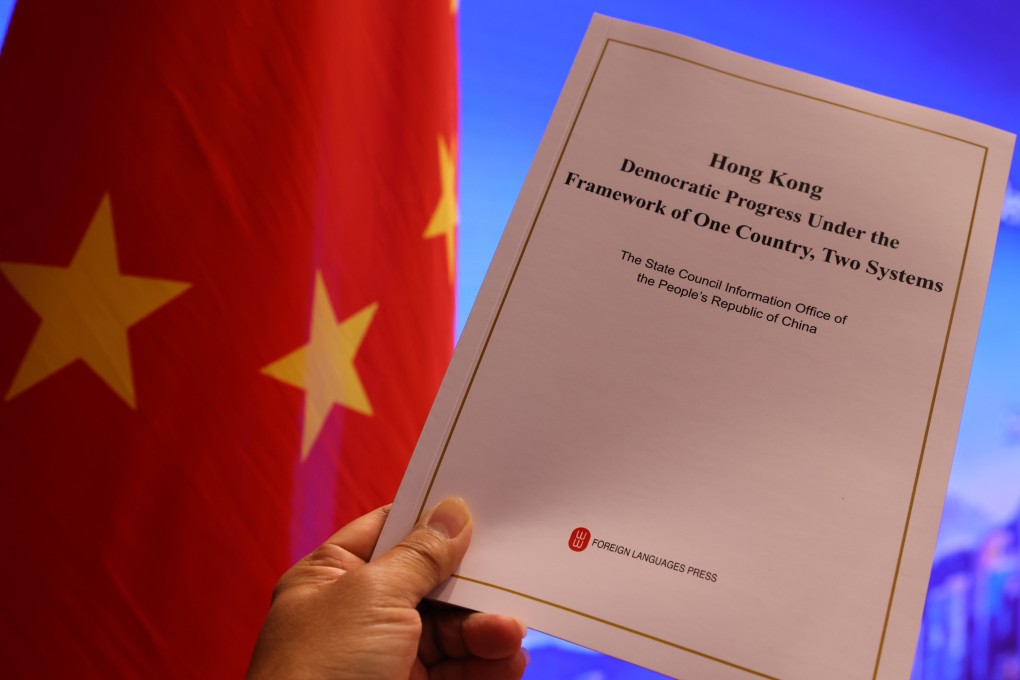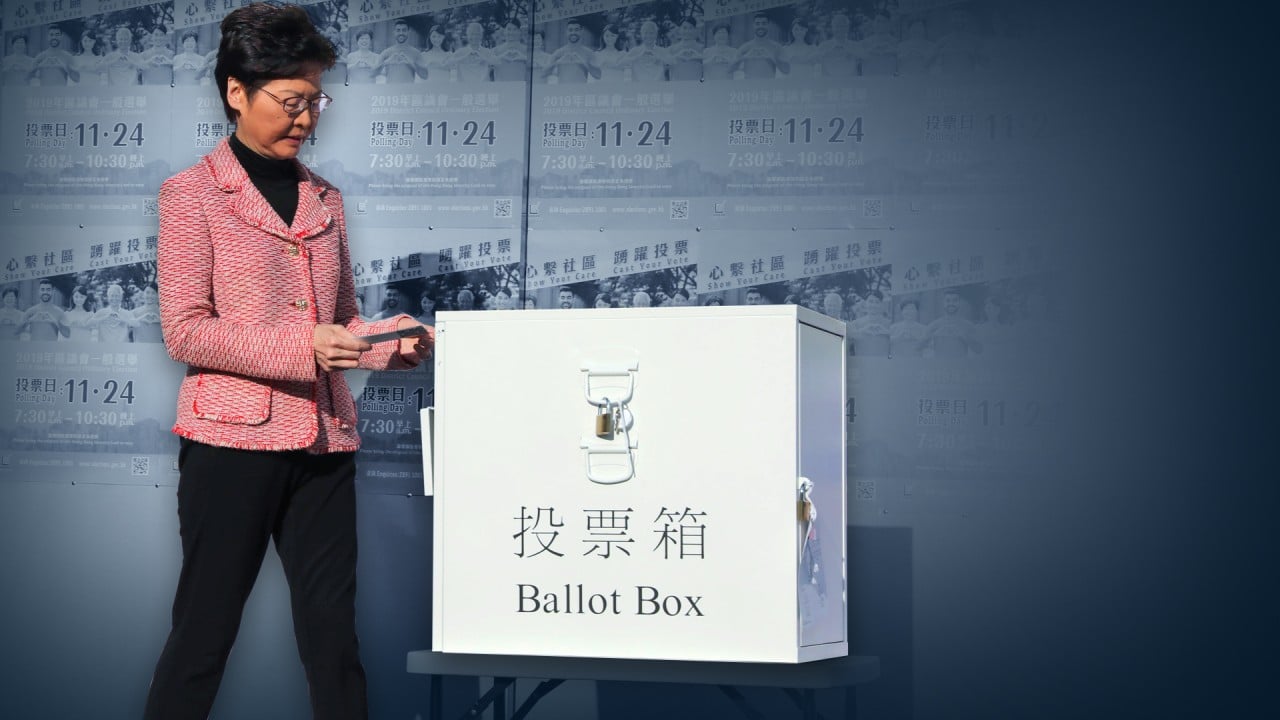Opinion | White paper underlines Hong Kong’s healthy shift away from Western-style democracy
- It was not until Hong Kong’s return to Chinese sovereignty that its democratic development truly began
- With Beijing’s support, Hong Kong is developing a democratic system that suits its circumstances

It shows that the Communist Party and the Chinese government support the development of democracy in Hong Kong, while those who chant democracy slogans – but at the same time are acting against China and destabilising Hong Kong – in fact undermine Hong Kong’s democratic development.
As we all know, before returning to China in 1997, Hong Kong was under British colonial rule for a long time. The nature of colonial rule meant that there was no democracy in Hong Kong.
The colonial governor was never elected by Hong Kong residents. It was not until Hong Kong’s return to Chinese sovereignty that Hongkongers became the masters of their own affairs and began to enjoy genuine democracy and a high degree of autonomy.
When the “one country, two systems” policy was proposed back in the early 1980s, the Chinese government had already drawn up a blueprint for democracy in Hong Kong for after its return to the motherland.


